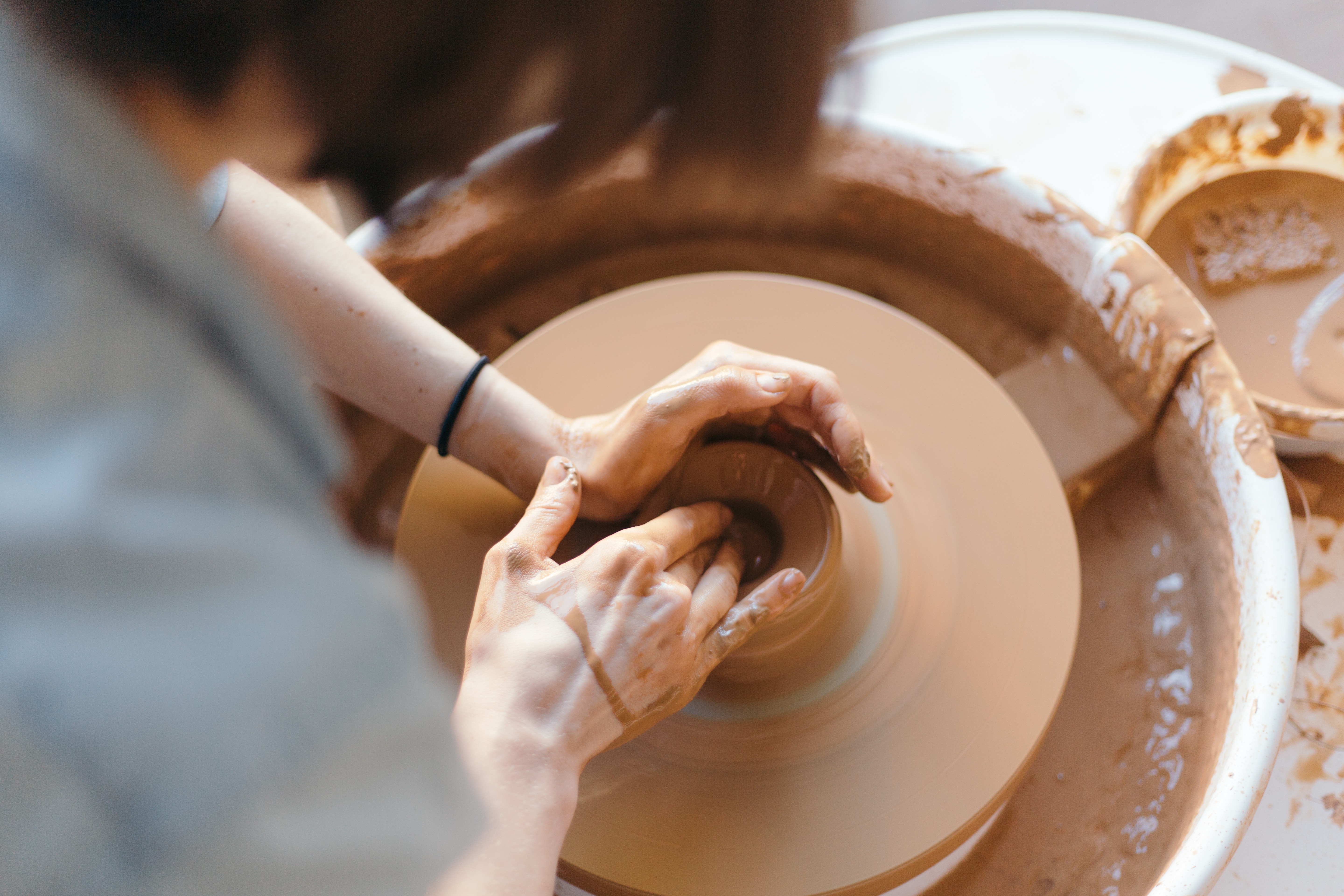
Do you have a hobby, something you do just because you enjoy it and it makes you feel good? If not, ask yourself why.
Too many people view hobbies as frivolous, something we should only do when we have time leftover from our “real” priorities. We don’t feel productive when engaged in a hobby, so we think we are wasting time.
The reality is that hobbies have a positive impact on our work productivity, even if we don’t see it directly. Many hobbies rest our brains and allow us to recover and rejuvenate.
A study conducted by San Francisco State University found that employees who pursue creative activities outside of work improved their performance on the job. A 2009 study showed that more time spent on leisure activities correlated with lower blood pressure, lower levels of depression and stress, and overall better psychological and physical functioning.
Hobbies can also jump-start your creativity, or allow your mind to wander and look at issues from a new angle.
If you already have a hobby, schedule time for the activity instead of waiting until you have time left over. If you don’t have a hobby, make it a priority to find one. Here are some tips on finding a hobby as an adult:
Go back to your childhood
What did you like to do as a child? The chances are that you will still enjoy those activities that gave you so much pleasure. Don’t view actions as “childish” or something you should have outgrown.
Try different options
Give new activities a try and see if they stick. Ask friends if you can join them for their hobbies, take a class, or attend a club meeting. If a hobby isn’t working, don’t hesitate to drop it and try something else.
Revisit past hobbies
Did you have hobbies in the past that you dropped? Explore why you stopped and consider picking up an old hobby and trying again. I stopped photographing for years and realized that I was intimidated by digital cameras. One photography class solved that problem, and I’ve been creating photos ever since.
What are your guilty pleasures?
What do you like to do on vacation? How do you spend money when you’re frivolous? These may be keys to a hobby you’ll find engaging and rewarding.
Establish a hobby budget
If you don’t engage in hobbies because of the expense, consider starting a new bank account with automatic deposits to provide a pot of money you are always allowed to spend on the hobby despite other priorities. I’ve kept a travel bank account for years, and I never feel guilty spending these funds.
Banish the guilt
Hobbies are activities you do for sheer pleasure. Hobbies don’t need to earn money, and they don’t need to be part of a self-improvement effort. Stop feeling guilty about being unproductive and instead remind yourself that constant productivity is harmful in the long run.

